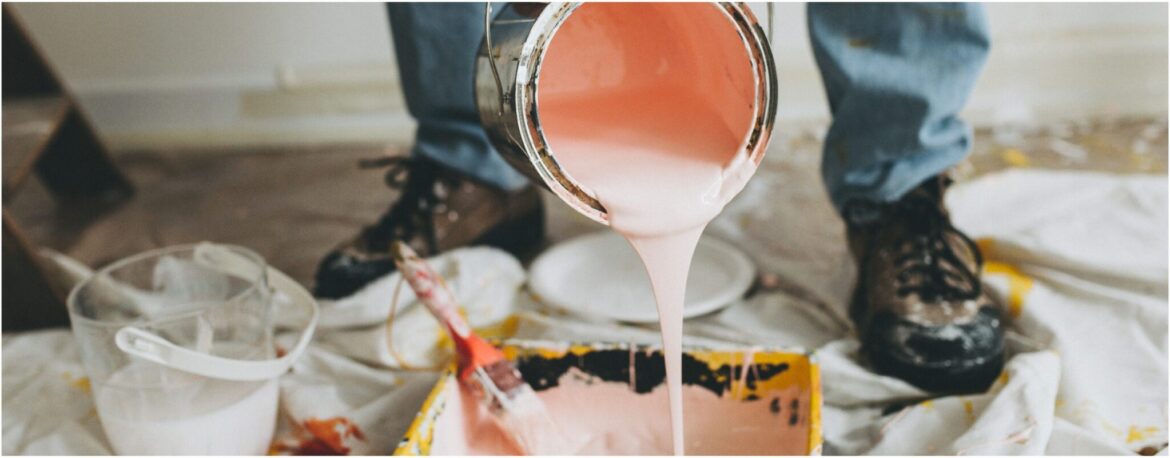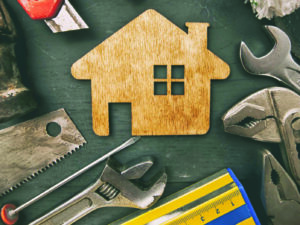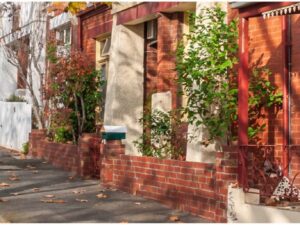
Investing in a fixer-upper is an exciting strategy, especially if you have the ‘property bug’ and can’t get enough of houses, floor plans and interior design. There is so much potential to turn an older place into your dream family home, or ‘flip’ it for profit so you can build your wealth.
Before you dive in and purchase a home with renovation in mind, there are some key factors to consider. These will help you avoid ending up with a money pit and a lot of disappointment.
Start with a clear plan (and a budget)
Your renovation strategy will differ depending on whether you plan to resell the property or live in it. If you intend to resell, your focus will be on improvements that increase the property’s market value and appeal to a broad audience. This might include modernising the kitchen and bathrooms, enhancing curb appeal and adding built-in storage.
Conversely, if you plan to live in the home after your project is complete, you’ll tailor the renovations to your personal lifestyle needs. While it’s essential to keep future resale value in mind, you have more flexibility to personalise the space. Regardless of your plans, having a clear vision will guide your renovation efforts and budget allocation.
Budgeting accurately for your renovations is crucial. Ensure you have the funds to complete the necessary work without compromising your financial stability. Consider all costs, including building design, council approval, materials, labour, and a contingency for unexpected expenses, and talk to your lender so you know you’ll be able to access the cash you need.
Location, location, location
The adage “location is everything” holds true, especially for fixer-uppers. Even the most beautifully renovated home can struggle to sell or appreciate in value if it’s in a less desirable area. Look for properties in good suburbs with strong growth potential, access to amenities, good schools, and transport links. Proximity to these factors not only enhances the value of the property but also makes
it more appealing to future buyers if you decide to resell.
Cosmetic vs structural improvements
One of the most critical aspects to evaluate is whether the necessary improvements are mainly cosmetic or structural. Cosmetic issues such as outdated fixtures, old paint and worn flooring are relatively inexpensive and easy to sort out and you can even get away with a DIY job. On the other hand, structural
problems can be costly and time-consuming to address, and fixing them doesn’t really add to the visual appeal of the property.
Never exchange a contract without checking for signs of serious issues, such as cracks in the foundation, sagging roof, rising damp or problems with the plumbing and electrical systems. It’s recommended that you invest in a property inspection from a qualified building and pest inspector, so you can have a written list of the scope of the work required. Once you have this report, you can use it to get quotes on improvement costs from a builder and negotiate with the seller.
Even things like a pool fence that’s not up to code can add to the cost of your home improvements. When you’re new to renovating it’s easy to overlook things like this so having an inspection should
be a non-negotiable.
Living arrangements
If you’re buying a fixer-upper, will it be in liveable condition? If not, are you okay with living without hot water or insulation and sharing your space with tradespeople while the home is renovated? Balancing renovation work with daily living can be challenging, and the last thing you want is to be stuck in an uncomfortable situation, especially if you run out of funds temporarily and have to spend some time in a half-done home.
Learn from an expert
Podcasts and renovation guides will become your go-to, before and during your project. Educate yourself and search the web for inspiration but remember that simple, tested techniques are often
the best.
Don’t forget about the all-important resource at your fingertips; real estate agents. We are every bit as property-obsessed as you and many agents have several renovation projects behind them. When you’re shopping around for a fixer-upper, ask the selling agent a lot of questions. They will have plenty of ideas about how the home can not only be improved in terms of look and feel, but value as well.
Get excited! It’s fantastic to see your vision come to life before your eyes.
Looking for a fixer-upper in your area? Reach out at teresa@teresaberger.com.au today.




